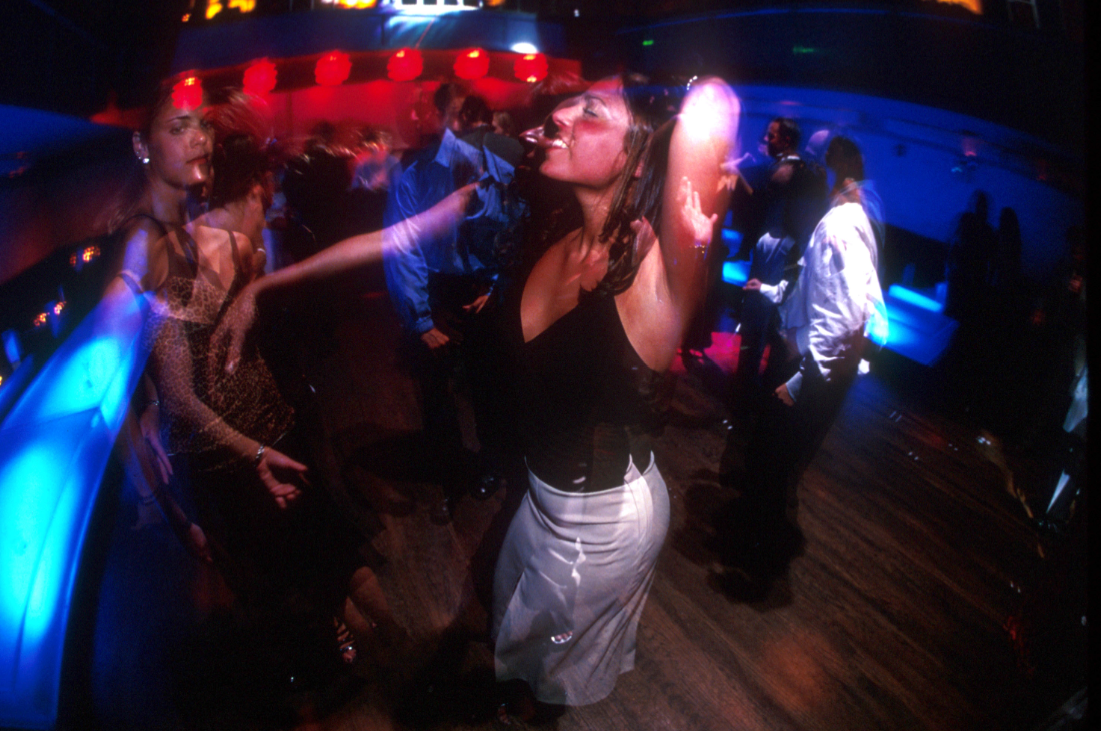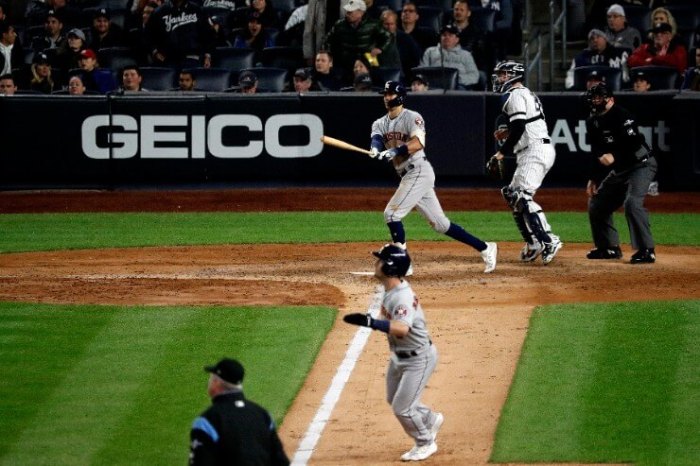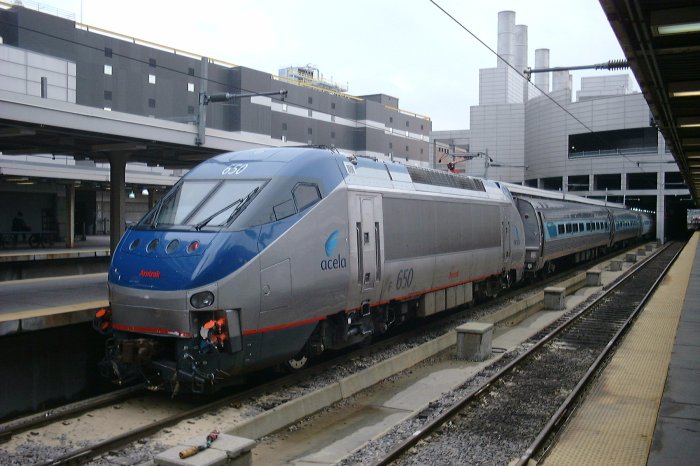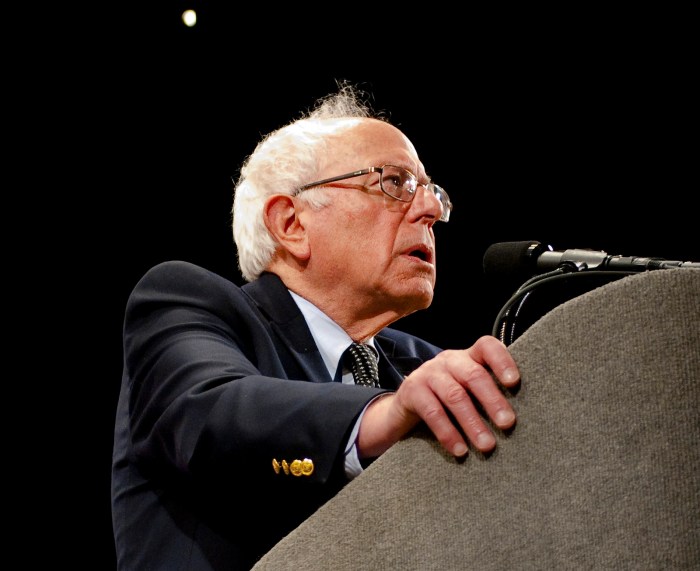A popular song from the 1980s said that “you can dance if you want to,” but in New York City, that may not exactly be the case thanks to a prohibition-era law that persists to this day limiting recreational dancing in the Big Apple. The city’s much-derided cabaret law dates back to 1926 and states that if three or more people decide to dance in a bar or club, a special “cabaret license” is needed. City history says the law was originally enacted to keep Harlem jazz clubs in check and to prevent racial intermingling. Greg Miller, executive director of Dance Parade, a nonprofit founded in response to the city’s cabaret laws, called the laws an “assault on expression.”
Miller explained it was back in 2007, in response to an unsuccessful legal challenge to the city’s cabaret laws, when social dancing was determined by New York’s State Supreme Court to be unprotected by the first amendment that his group held its first dance parade to showcase more than 75 dance styles and cultures to demonstrate the expressiveness of recreational or “social” dancing. “A re-evaluation of the current NYC cabaret laws must be part of the conversation when discussing personal freedom of expression,” said Karen Kriegel, artistic director/dancer for WDI World Dance Initiative Korean Dance in NYC. There are only about 127 cabaret license holders citywide of NYC’s more than 12,000 bars and clubs, according to the city’s department of consumer affairs.
Miller said the reason so few venues have licenses is due to “bureaucratic hoops,” owners are required to jump through.
Such hoops include approvals from the building and fire departments; requirements for digital video surveillance and licensing fees that can range from $300 to more than $1,000 depending on venue size and date of filing. Spokespeople for the mayor’s office and the city’s department of consumer affairs did not offer comment.
Miller and others contend that cabaret laws are used as a tool by the city to enforce quality-of-life issues such as noise complaints and also to control bars and clubs that become trouble spots.
Mayor Giuliani used the law in the late 90s as part of his quality-of-life campaign to rid neighborhoods of problem nightspots.
A police source, with knowledge of the city’s cabaret enforcement, agreed the law is used as a tool.
“The law is archaic and not particularly useful, but it’s a tool police use when they’re having problems with a particular location,” the source said.
He added that the law cuts both ways by helping police to control problem locations that may be havens for illegal drug use and/or gang activity but it also can be tough on smaller bars and clubs, such as many Latin dance spots above 59th Street. Andrew Muchmore, an attorney who also owns Muchmore’s Café in Williamsburg, has an ongoing case in federal court challenging the law.
He filed the suit in 2014 claiming that the cabaret law is “applied arbitrarily and infringes on freedom of assembly and expression.”
“It’s time for New York City to get rid of this archaic law and allow us to freely express ourselves,” said city dance promoter Kim Hayes. “We, the people, the dancers will continue to fight this law until it is repealed.”
Ninety years and counting for New York City’s outdated cabaret law

Getty Images


















